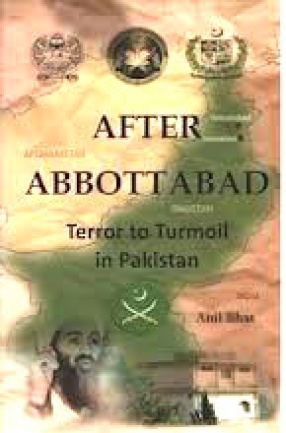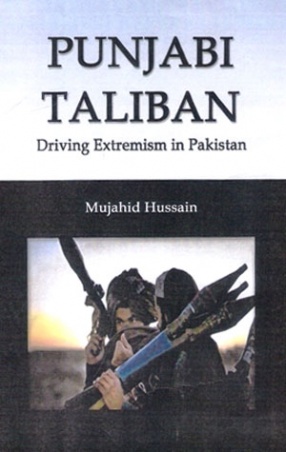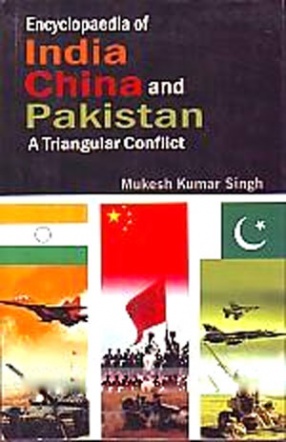The US strike at Abbottabad which resulted in the elimination of Osama bin Laden is a turning point in the war of terror that began post 9/11. It is also a pebble in the pond whose ripples were felt across nations. The relationship of Pakistan and the US were strained to a large extent thanks to the US keeping the Pakistan forces out of the loop about the strike at the compound in which Osama bin Laden was killed.
Since that incident Pakistan has seen internal turmoil and tried hard to come to grips with it. The Pakistan Army and ISI were literally caught with their pants down. The failed intelligence has stripped them of their supposed invincibility. The politicians in Pakistan are daring to make deals with the US without the blessing of the Pakistan Army. The balance of power in the nation is shifting and new players are emerging in the game.
Pakistan is not the only nation which is adversely affected. Afghanistan is also worried about just how the 2014 withdrawal of NATO troops is likely to affect its very sovereignty with the Taliban, a fast ally of the Al Qaeda, resumes terror attacks as part of its ”Spring Offensive.” The repeated bomb blasts around Kabul is a sign that the Taliban is very much around and waiting for its chance to over throw the present government.
India lives with the uncertainty of volatile neighbours. It may be the largest nation, but it is not clearly the most powerful. Dealing with an unreasonable enemy whose sole rallying point is maintaining India as a common enemy for its various factions ensures that India will not be breathing easy even after Abbottabad.









There are no reviews yet.